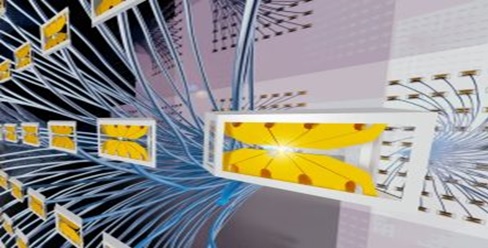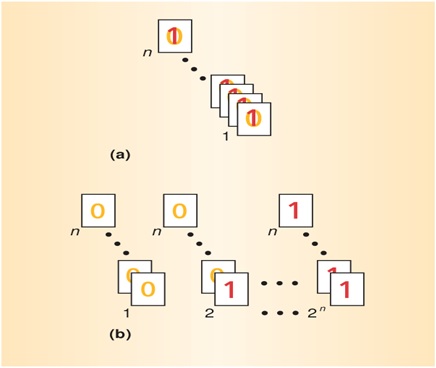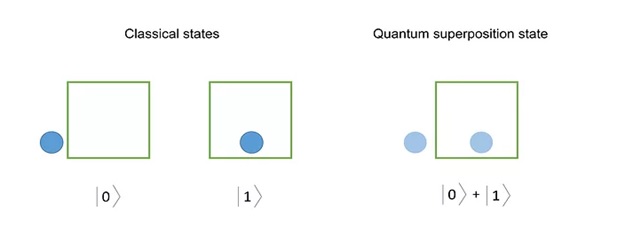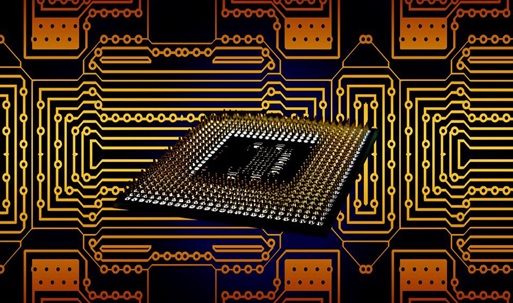Modular Quantum Computers
The two essential ideas in this paper are, on the one hand, that a considerable amount of the power of quantum computation may be obtained by adding to a classical computer a few specialized quantum modules and on the other hand, that such modules may be constructed out of classical systems obeying quantum-like equations where a space coordinate is the evolution parameter (thus playing the role of time in the quantum algorithms). [1]

Figure 1. Modular quantum computers
Modular quantum computers is shown in figure 1. Modular quantum systems offer a very promising route to large scale quantum computers, allowing us to side step the requirement for immensely complex, mono-lithic quantum processors, and instead operate using smaller, simpler quantum modules linked via quantum communication channel. [2]
Importance of Modular quantum computers
Modular quantum computers are becoming increasingly important as the field of quantum computing advances. Here are some reasons why modular quantum computers are important:
- Scalability
- Fault tolerance
- Flexibility
- Collaboration
- Commercialization
Modular quantum computers are important for advancing the field of quantum computing by addressing some of the key challenges in building practical quantum computers, including scalability, fault tolerance, flexibility, collaboration, and commercialization.
In conclusion, modular quantum computers are a promising approach to building large-scale quantum computing systems that are more scalable, fault-tolerant, flexible, cost-effective, and performant than monolithic quantum computers. By connecting smaller, more manageable quantum processors or modules, modular quantum computers offer a scalable approach to building large-scale quantum computers that can enable the development of more powerful quantum algorithms and applications.
The fault tolerance built into modular quantum computers makes them more robust and reliable than monolithic quantum computers, and their flexibility makes it easier for researchers to experiment with different quantum algorithms and architectures. Additionally, modular quantum computers can be shared among different research groups or companies, allowing for collaborative research and development, and can facilitate the commercialization of quantum computing technology by making it more accessible to a broader range of users.
As the field of quantum computing continues to advance, modular quantum computers are likely to play an increasingly important role in building practical, large-scale quantum computing systems that can solve some of the most challenging problems in science, engineering, and business.
References:
- https://www.researchgate.net/publication/354038472_Modular_quantum_computing_and_quantum-like_devices
- https://www.researchgate.net/publication/354597732_A_modular_quantum_computer_based_on_a_quantum_state_router#pf7
Cite this article:
Gokula Nandhini K (2023), Modular Quantum Computers, AnatechMaz, pp.111















